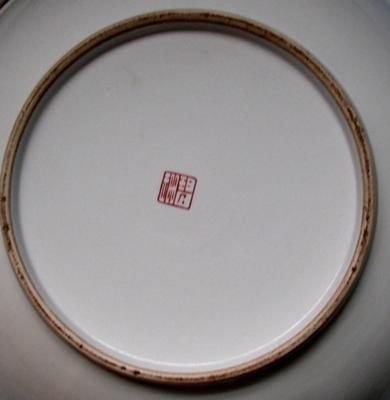Commenting is deactivated.
Please post all new topics and queries to the
Discussion Forum
mark on 20th century porcelain
by Rudy
(Holland)

very interested to learn the meaning of this 20th century seal.
Comments for mark on 20th century porcelain
|
||
|
||
|
||
|
||
|
||
|
||
|
||
search by keyword
